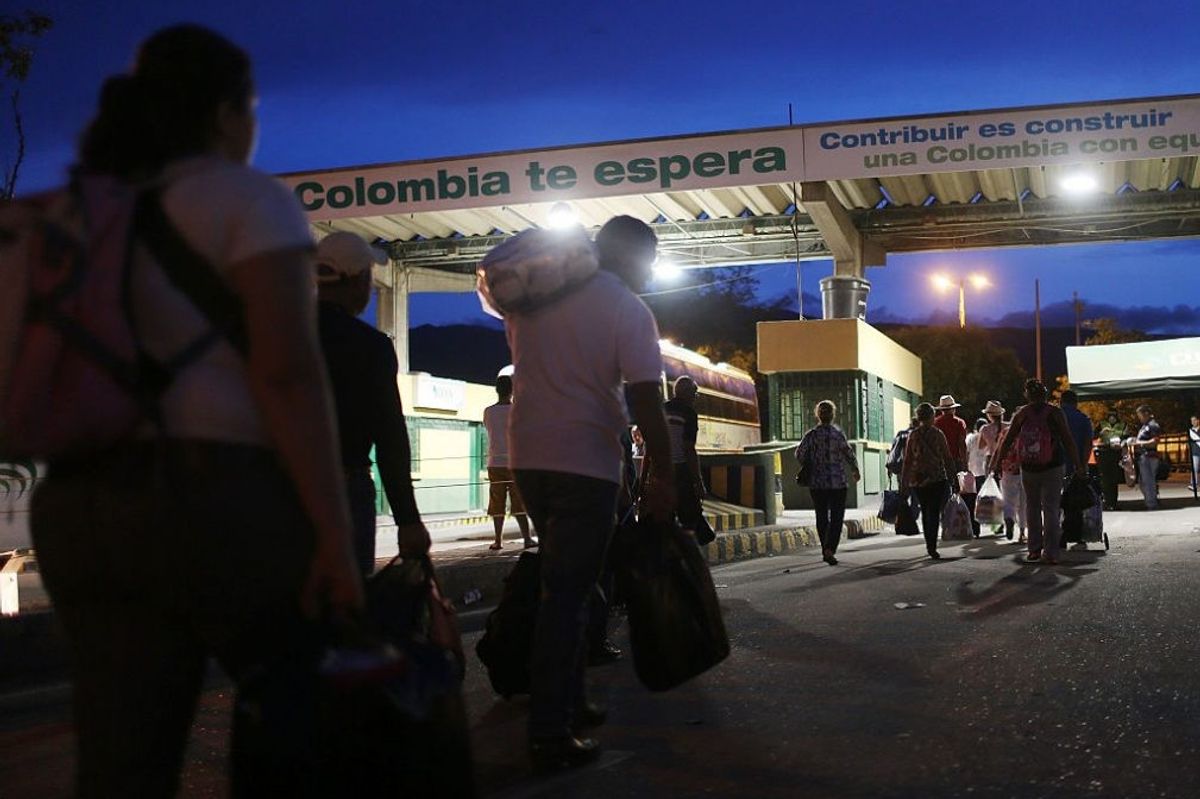Brazil President Dilma Rousseff has been suspended from office and will face an impeachment trial after the vote on Thursday in the country’s senate. Although Vice President Michel Temer — who assumes the presidency while Rousseff’s trial gets underway — has been seen as a market-friendly politician, is there really any hope for fixing Brazil’s economic crisis?
Rousseff, who denies the charges that she illegally manipulated budget accounts ahead of the 2014 election, will be suspended for up to 180 days. In an address on Thursday, she vowed to fight the impeachment charges, calling the move “fraudulent” and a “coup.”
The Senate voted 55-22 after a marathon all-night session to conduct a trial to determine if Rousseff should be permanently removed from office. The move ends 13 years of rule by the Workers’ Party (PT) — Temer is the leader of the opposition Brazilian Democratic Movement Party (PMDB).
The country, which is in the midst of its worst recession in decades and is entering the international spotlight with the Olympic Games in Rio de Janeiro on the horizon, will look to Temer to try to get a handle on the fiscal problems quickly.
Cipher Brief expert and nonresident senior fellow at the Peterson Institute for International Economics, Monica de Bolle said the markets will likely have another “bout of relief rally” with Temer at the helm but predicts it will be “rather short lived.” Brazil’s economic situation is very challenging, given the recession, emerging signs of financial distress at state-owned companies, and the ongoing scandal at the state-controlled oil company Petrobras, de Bolle noted.
“The situation is still going to be somewhat turbulent going forward, and we’ll start to see exactly what the legacy of Rousseff’s last year and a half in government has been,” de Bolle said. “There will be a positive reaction at first, but it’s a difficult situation. I don’t expect the rally to last for too long.”
A PMDB document published in October, “A Bridge to the Future,” offers some insight into Temer’s economic mindset as he takes the reins. Addressing fiscal imbalances will likely be a priority, with both “emergency measures” and a major reform effort at the heart of the plan. Also expect to see social security reform and an attempt to make the budget more flexible as top issues, de Bolle said. To achieve some fiscal reforms, such as delinking revenues and expenditures, he will need to pass some constitutional reforms soon, she added.
“At the moment, a lot of political analysts in Brazil strongly believe Temer will have, at least in the few weeks, more than the majority in both houses, and you only need three-fifths of the vote to pass constitutional amendments,” de Bolle said. “That could generate a very good confidence boost and a wave of good sentiment toward his government after this very traumatic impeachment process.”
“If he can pull it off, then the scenario looks a little bit more auspicious for him, even though the challenges facing Brazil are very complex and very difficult to unravel,” she added.
The markets have been bullish on Rousseff’s impeachment proceedings, as analysts told The Cipher Brief last month, and investors have widely been looking positively at a Temer-led government and a new finance minister. But observers warn against too much optimism given the political turmoil and Brazil’s difficult financial situation.
Following Thursday’s vote, David Rees of London-based Capital Economics wrote in a note that investors “may have got ahead of themselves to some degree. While Temer "would undoubtedly be more market-friendly, we doubt that any leader would have the necessary clout at this juncture to push through the kind of structural reforms needed to lift the economy out of its current slump,” according to Rees.
With over two-thirds of the senators who were present at the vote calling for the impeachment trial, it shows both “the will to move very fast and get it all over and done with before the Olympics” and the likelihood of Rousseff’s removal from office permanently, de Bolle noted.
“Unless something very dramatic changes in the next couple of months, which in Brazil is always possible, I think the most likely outcome is that she will be finally ousted in the next two and a half months,” she said. “That would pave the way for the Temer government to become the de facto government until 2018. And hopefully that government can get a few things done, even if it can’t exactly do very much to get the economy going because it’s a very challenging situation.”
Mackenzie Weinger is a National Security Reporter with The Cipher Brief.








